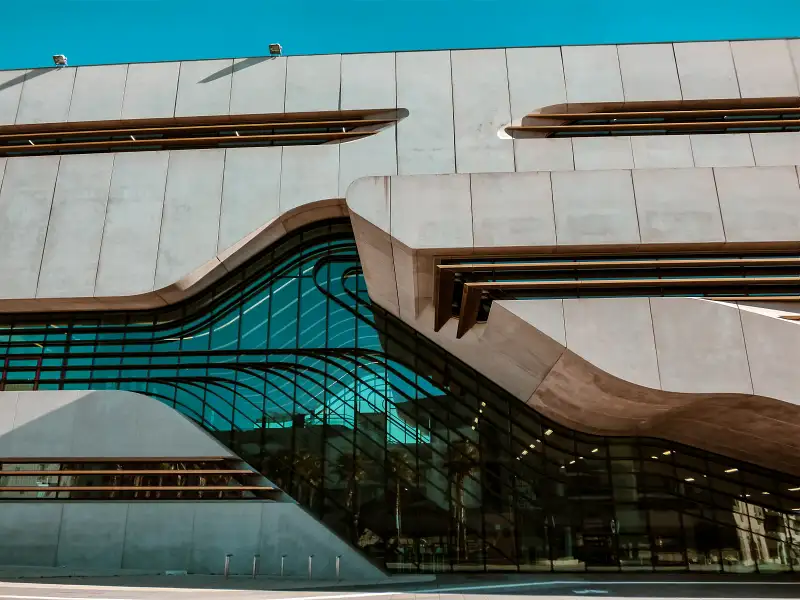Table of Contents
- The Origins of Modernity
- Characteristics of Modernity
- Theorizing Modernity
- Implications of Modernity
- Critiques of Modernity
- Conclusion
Modernity is a multifaceted and complex concept that has been the subject of extensive sociological analysis and debate. It encapsulates a broad range of social, cultural, economic, and political changes that have occurred predominantly in the Western world since the late 17th century. These changes have profoundly transformed societies, influencing various aspects of human life. In this essay, we will explore the different dimensions of modernity, examining its origins, characteristics, and implications for contemporary society. By doing so, we aim to provide a comprehensive understanding suitable for an undergraduate audience.
The Origins of Modernity
The Enlightenment and the Rise of Rationality
The origins of modernity can be traced back to the Enlightenment, a period in the 17th and 18th centuries marked by an intellectual and philosophical movement that emphasized reason, individualism, and skepticism towards traditional authority. Enlightenment thinkers such as Immanuel Kant, Voltaire, and John Locke advocated for the application of reason and scientific method to understand and improve human society. This shift towards rationality challenged the dominance of religious and feudal structures, laying the groundwork for modern secular societies.
Industrial Revolution and Economic Transformation
The Industrial Revolution, beginning in the late 18th century, was another crucial catalyst for modernity. It marked a significant shift from agrarian economies to industrialized and urbanized societies. The development of new technologies, such as the steam engine and mechanized textile production, revolutionized production processes and economic structures. This transformation led to unprecedented levels of productivity and economic growth, but also brought about significant social upheaval, including the rise of the working class and urbanization.
Characteristics of Modernity
Rationalization and Bureaucracy
One of the defining characteristics of modernity is the process of rationalization, as articulated by sociologist Max Weber. Rationalization refers to the systematic organization and efficiency-driven approach that permeates various aspects of society. This process is evident in the rise of bureaucratic institutions, characterized by hierarchical structures, formal rules, and impersonal relationships. Bureaucracy became the dominant organizational form in modern societies, governing everything from government administration to corporate management.
Secularization and Decline of Traditional Authority
Modernity also entails a significant shift towards secularization, where religious authority and institutions lose their influence over social life. This decline is linked to the increasing importance of scientific knowledge and empirical evidence as the basis for understanding the world. Secularization is not merely the reduction of religious beliefs but also encompasses the broader cultural shift towards valuing human autonomy and individual rights over traditional religious doctrines.
Individualism and Personal Autonomy
Another core aspect of modernity is the rise of individualism. Modern societies prioritize the rights and freedoms of individuals, emphasizing personal autonomy and self-expression. This shift is reflected in various domains, including the legal system, which increasingly protects individual rights, and the cultural sphere, which celebrates personal achievements and diversity. The notion of the self-made individual, free from the constraints of traditional social structures, is a hallmark of modernity.
Globalization and Interconnectedness
Modernity is also characterized by the intensification of globalization. Advances in communication and transportation technologies have facilitated unprecedented levels of global interconnectedness. This process has led to the exchange of goods, ideas, and cultural practices across national boundaries, creating a more integrated and interdependent world. However, globalization also brings challenges, such as cultural homogenization, economic inequality, and political tensions.
Theorizing Modernity
Get the full article AD FREE. Join now for full access to all premium articles.
View Plans & Subscribe Already a member? Log in.





